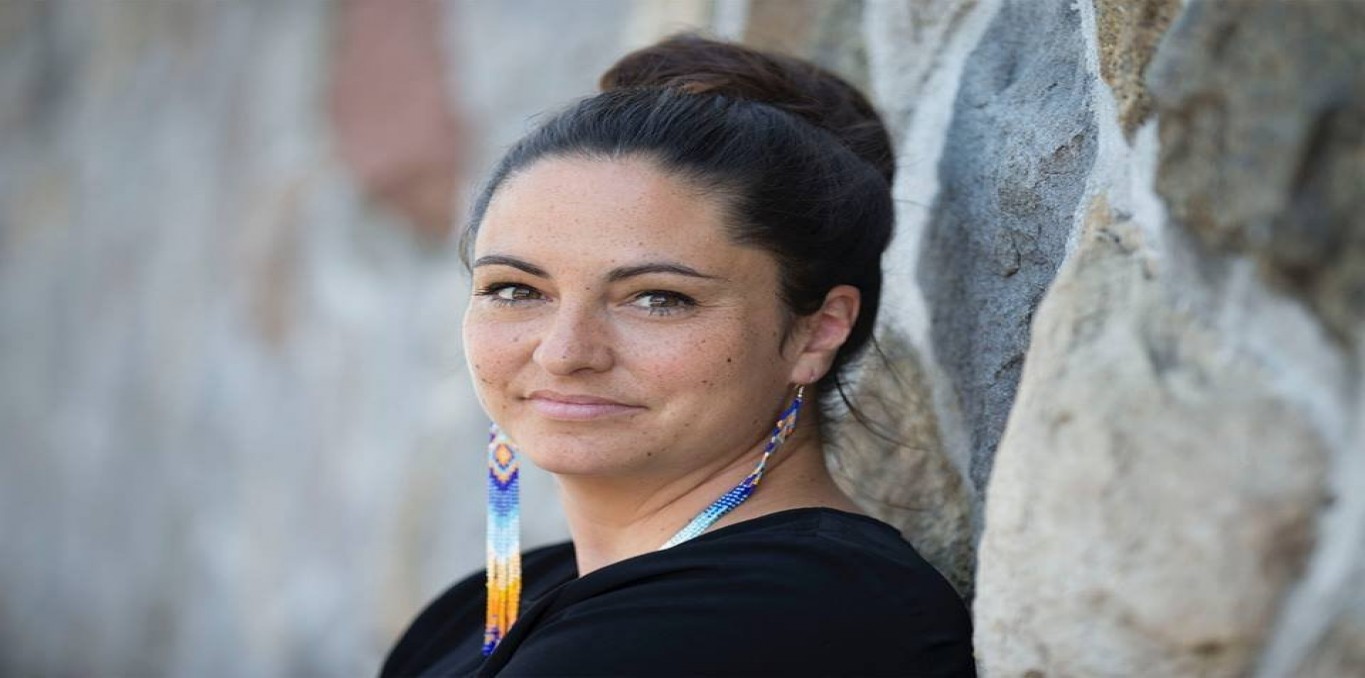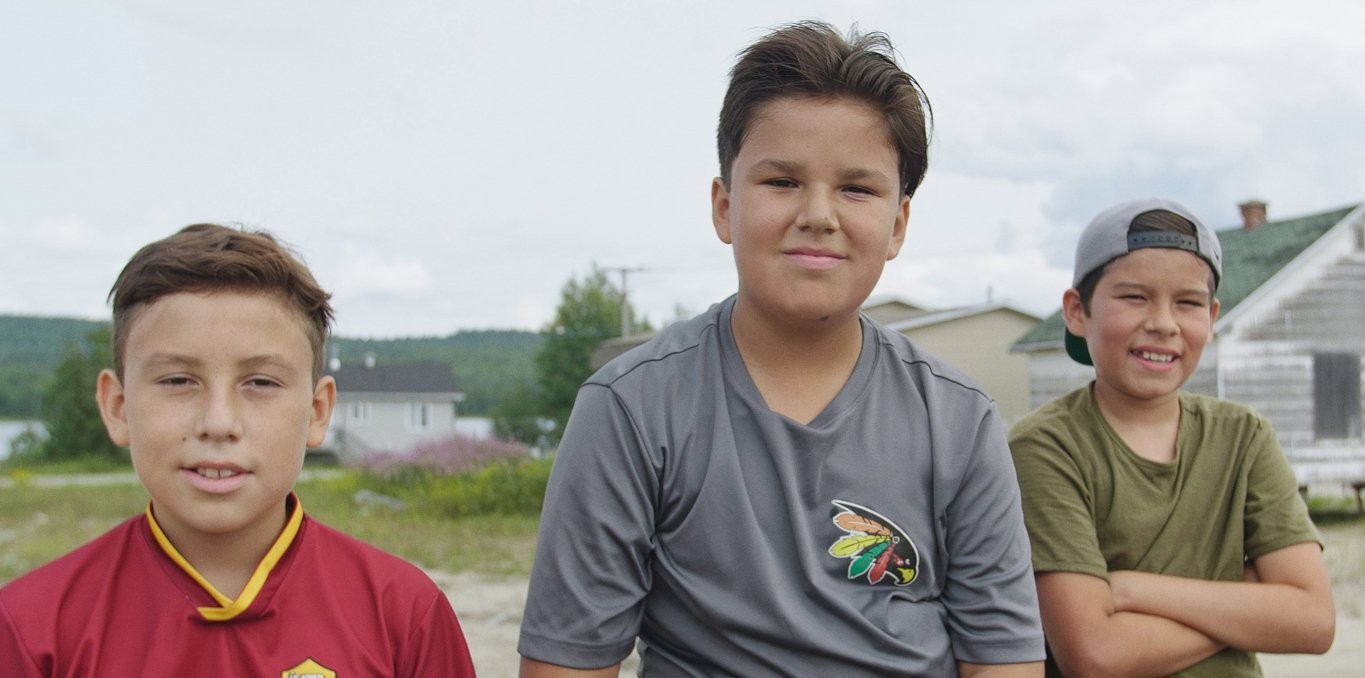Kim O'bomsawin

Originally from the Abenaki Nation of Odanak, Kim O’Bomsawin is an award-winning documentary filmmaker and has served as president of Nikan Productions (formerly Terre Innue) and Nikan Héritage (formerly Productions Innu Assi) since 2020. Trained as a sociologist, she creates humanist films that shed light on the history of Indigenous Peoples. Since 2014, she has directed several projects, including the documentary short The Red Line (2014), featuring young Indigenous hockey players, and the feature-length film Quiet Killing (2018), focused on missing and murdered Indigenous women. She went on to direct From Teweikan to Electro (2019) and the acclaimed feature Call Me Human (2020), featuring Innu writer Joséphine Bacon. She also directed the major documentary series Telling Our Story, nominated for a Gémeaux Award in 2022. In 2024, she invites audiences into the world of three groups of Indigenous children with Ninan Auassat: We, the Children. Through her work, she seeks to inspire and guide the next generation to ensure narrative sovereignty for Indigenous Peoples.
Related to this realisator

Ninan Auassat: We, the Children
Ninan Auassat: We, the Children
Duration: 3h02Subscription access
Filmed over more than six years, this feature-length documentary follows the journeys of three groups of children from different Indigenous nations (Atikamekw, Eeyou Cree, and Innu). In following these young people through the crucial milestones of childhood, right to the threshold of adulthood, we witness their daily lives and aspirations, along with the challenges they face. Filmed from “a ch...

The Red Line
The Red Line follows the path of three young Indigenous hockey players who, in addition to sharing an unparalleled passion for this sport, are motivated by the achievement of a common goal: surpassing themselves. By following them at four milestones of their school year, we meet the people who make their dreams possible and we see the positive echo of this commitment on family, parents, friends...

From Teweikan to Electro
Long ago, men, women and children of all ages, clans, allegiances and nations united to the sound of the vibrations of the teweikan. In the hands of singer-songwriters Pakesso Mukash (Cri / Abénaki), Shauit (Innu) and Moe Clark (Métis), it remains a powerful tool of communion. Now, with a folk, electro or reggae sound, the teweikan - which means traditional drum - still strives today to create ...

Call Me Human
When elders leave us, a link to the past vanishes along with them. Innu writer Joséphine Bacon exemplifies a generation that is bearing witness to a time that will soon have passed away. With charm and diplomacy, she leads a charge against the loss of a language, a culture, and its traditions. On the trail of Papakassik, the master of the caribou, Call Me Human proposes a foray into a people's ...

Ninan Auassat: We, the Children
Ninan Auassat: We, the Children
Duration: 3h02Subscription access
Filmed over more than six years, this feature-length documentary follows the journeys of three groups of children from different Indigenous nations (Atikamekw, Eeyou Cree, and Innu). In following these young people through the crucial milestones of childhood, right to the threshold of adulthood, we witness their daily lives and aspirations, along with the challenges they face. Filmed from “a ch...

The Red Line
The Red Line follows the path of three young Indigenous hockey players who, in addition to sharing an unparalleled passion for this sport, are motivated by the achievement of a common goal: surpassing themselves. By following them at four milestones of their school year, we meet the people who make their dreams possible and we see the positive echo of this commitment on family, parents, friends...

From Teweikan to Electro
Long ago, men, women and children of all ages, clans, allegiances and nations united to the sound of the vibrations of the teweikan. In the hands of singer-songwriters Pakesso Mukash (Cri / Abénaki), Shauit (Innu) and Moe Clark (Métis), it remains a powerful tool of communion. Now, with a folk, electro or reggae sound, the teweikan - which means traditional drum - still strives today to create ...

Call Me Human
When elders leave us, a link to the past vanishes along with them. Innu writer Joséphine Bacon exemplifies a generation that is bearing witness to a time that will soon have passed away. With charm and diplomacy, she leads a charge against the loss of a language, a culture, and its traditions. On the trail of Papakassik, the master of the caribou, Call Me Human proposes a foray into a people's ...
